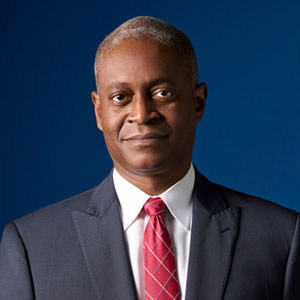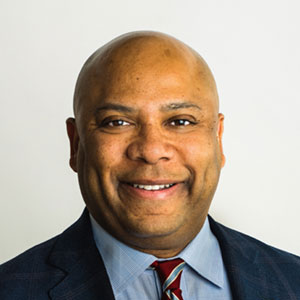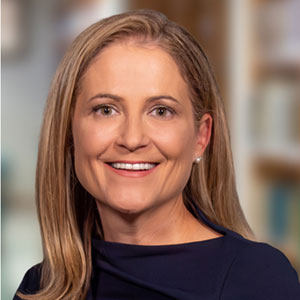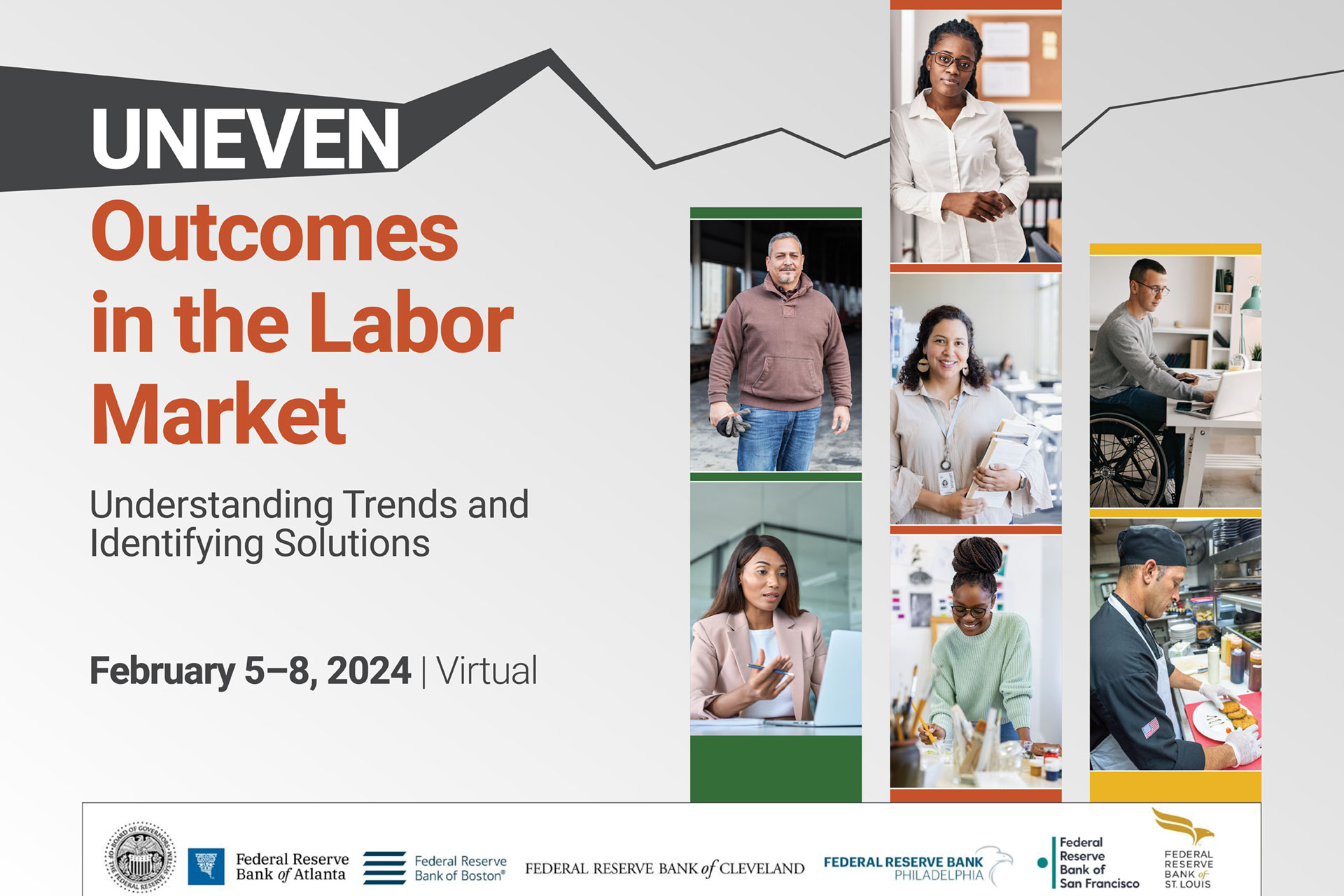
- This event has passed.
What’s It Worth to You? Returns to Education & Training
February 5, 2024 @ 2:00 pm – 3:30 pm EST
Education and training are broadly seen as the foundation of career advancement and economic mobility. Please join us for a discussion of research on the economic returns of educational investment by types of institutions and demographic characteristics.
Speakers

Peter Riley Bahr
Associate Professor
Center for the Study of Higher and Postsecondary Education, University of Michigan

Raphael Bostic
President and Chief Executive Officer
Federal Reserve Bank of Atlanta
Principal

Nicole Smith
Research Professor and Chief Economist
Center on Education and the Workforce, Georgetown University
Discussant
Agenda
Welcome
Tiffani Williams
Senior Adviser
Federal Reserve Bank of Atlanta
Opening Remarks
Raphael Bostic
President and Chief Executive Officer
Federal Reserve Bank of Atlanta
Day’s Framing
Earl Buford
President
CAEL
Economic Returns to Skills-Building:
Can Short-Term Re/Upskilling Course Sequences Yield a Family-Sustaining Wage?
Presenter: Peter Riley Bahr
Associate Professor, Marsal School of Education
University of Michigan
The Limits of Educational Attainment in Mitigating Occupational Segregation Between Black and White Workers
Presenter: Justin Heck
Director, Research
Opportunity@Work
Redefining Success: The Federal Reserve Bank of Richmond’s Survey of Community College Outcomes
Presenter: Laura Ullrich
Senior Regional Economist
Federal Reserve Bank of Richmond
Discussant and Q&A
Nicole Smith
Research Professor and Chief Economist Center on Education and the Workforce
Georgetown University
Closing
Presented by

Location
In 2024, community development staff from the Federal Reserve Board of Governors and the Federal Reserve Banks of Atlanta, Boston, Cleveland, Philadelphia, San Francisco, and St. Louis are hosting a conference, Uneven Outcomes in the Labor Market: Understanding Trends and Identifying Solutions. The conference will convene a diverse network of researchers, policymakers, and practitioners to examine inequities in labor market outcomes and explore the implications of disparities on aggregate economic performance, individual workers, and communities. They will also discuss new directions for policy and research.
Understanding employment conditions requires evidence from a wide spectrum of sources. To this end, the Federal Reserve is interested in highlighting research that examines disparities in employment, labor force participation, income, and wealth across demographic groups. Analyzing disparate outcomes can inform policy that identify those who are excluded from the mainstream economy and suggests pathways for inclusion.










